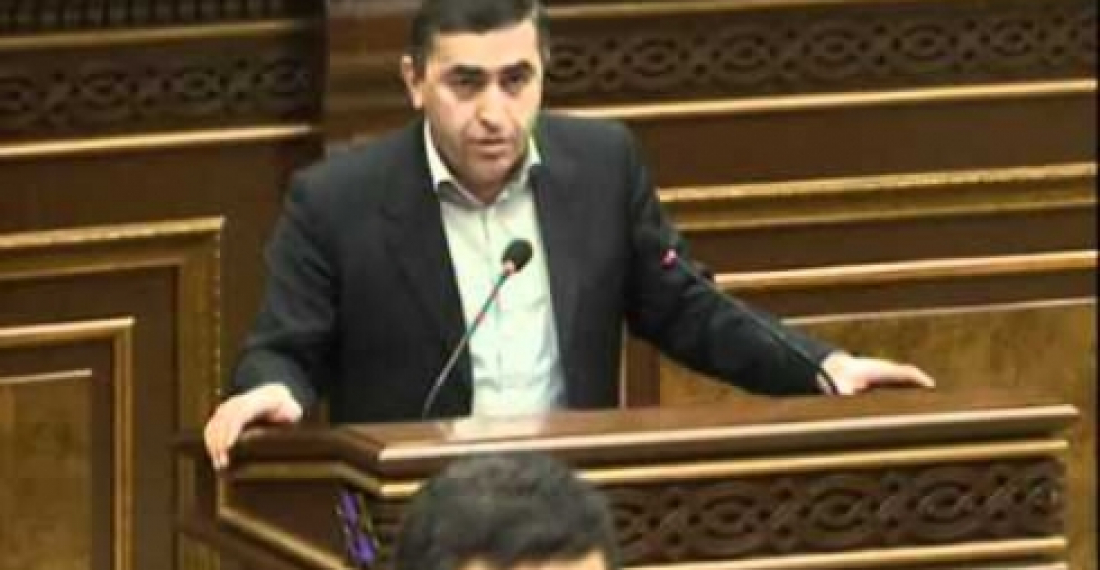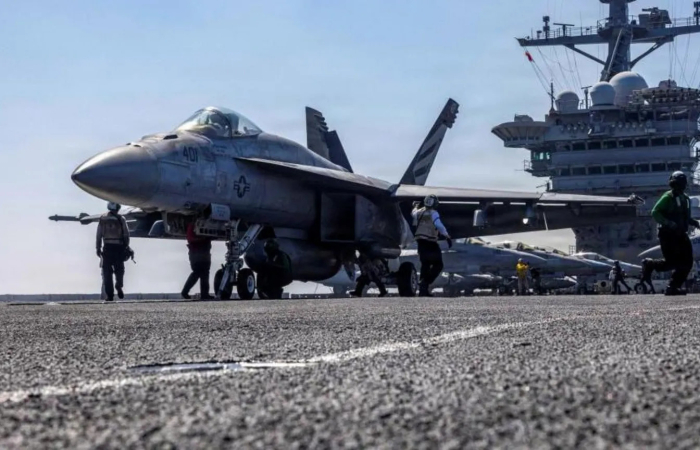Azerbaijan is responsible for impeding the Karabakh peace process, Armen Rustamyan, ARFD parliamentarian, said in the parliament on Monday.
Rustamyan said that over the last three session of the parliament ARFD had been trying to organize discussion on the draft decision condemning Azerbaijan's stance on the Karabakh conflict. "The statement is a political necessity, for Azerbaijan organizes large-scale anti-Armenian propaganda and distorts the essence of the Karabakh conflict. Mexico recognized the incidents on Khojalu as "genocide committed by Armenians," while we do nothing to put an end to that policy," he said.
For his part, Parliament Speaker Samvel Nikoyan said: "I welcome the provisions in the text of the given statement and I am sure all the members of the parliament agree with them. We can use it as a useful foreign political instrument. But, I think it should be adopted in more convenient time. It is not the very moment for that." Nikoyan suggested operating in cooperation with the foreign political department and taking more efficient steps in this given direction.
The draft decision "On Azerbaijan's responsibility for transformation of the Karabakh problem into an armed conflict, distortion of its essence and impeding the peaceful negotiations" provides for declaring official Baku responsible for aggressive statements, anti-Armenian calls and actions, refusal from the crimes committed. This is what impedes the negotiation process, the draft decision reads.







